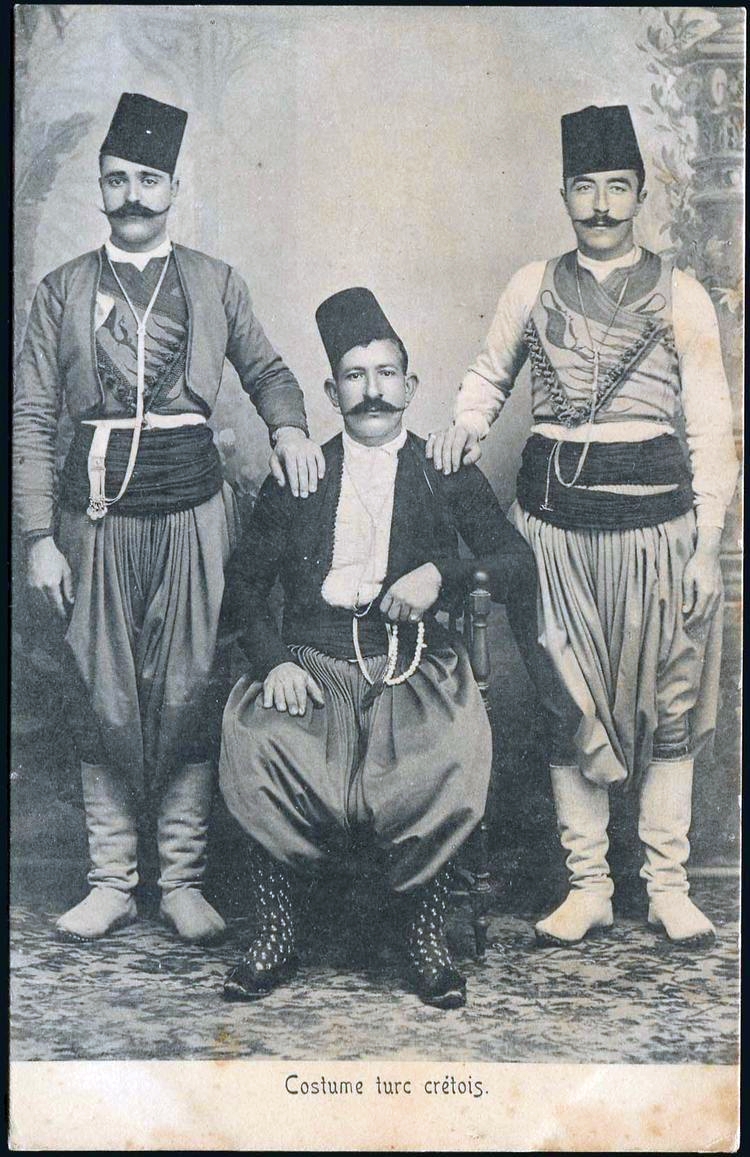|
Pontian Greek
Pontic Greek ( pnt, Ποντιακόν λαλίαν, or ; el, Ποντιακή διάλεκτος, ; tr, Rumca) is a variety of Modern Greek indigenous to the Pontus region on the southern shores of the Black Sea, northeastern Anatolia, and the Eastern Turkish/Caucasus region. Today it is spoken mainly in northern Greece. Its speakers are referred to as Pontic Greeks or Pontian Greeks. The linguistic lineage of Pontic Greek stems from Ionic Greek via Koine and Byzantine Greek, and contains influences from Russian, Turkish, Armenian, and Kurdish. Pontic Greek is an endangered Indo-European language spoken by about 778,000 people worldwide. Many Pontians live in Greece; however, only 200,000–300,000 of those are considered active Pontic speakers. Although it is mainly spoken in Northern Greece, it is also spoken in Turkey, Russia, Georgia, Armenia and Kazakhstan and by the Pontic diaspora. The language was brought to Greece in the 1920s after the population exchange betw ... [...More Info...] [...Related Items...] OR: [Wikipedia] [Google] [Baidu] |
Pontus (region)
Pontus or Pontos (; el, Πόντος, translit=Póntos, "Sea") is a region on the southern coast of the Black Sea, located in the modern-day eastern Black Sea Region of Turkey. The name was applied to the coastal region and its mountainous hinterland (rising to the Pontic Alps in the east) by the Greeks who colonized the area in the Archaic period and derived from the Greek name of the Black Sea: ''(')'', "Hospitable Sea", or simply ''Pontos'' () as early as the Aeschylean ''Persians'' (472 BC) and Herodotus' ''Histories'' (circa 440 BC). Having originally no specific name, the region east of the river Halys was spoken of as the country ''()'', lit. "on the uxinosPontos", and hence it acquired the name of Pontus, which is first found in Xenophon's ''Anabasis (Xenophon), Anabasis'' (). The extent of the region varied through the ages but generally extended from the borders of Colchis (modern western Georgia (country), Georgia) until well into Paphlagonia in the west, with ... [...More Info...] [...Related Items...] OR: [Wikipedia] [Google] [Baidu] |
Pontic Greeks
The Pontic Greeks ( pnt, Ρωμαίοι, Ρωμίοι, tr, Pontus Rumları or , el, Πόντιοι, or , , ka, პონტოელი ბერძნები, ), also Pontian Greeks or simply Pontians, are an ethnically Greek group indigenous to the region of Pontus, in northeastern Anatolia (in Turkey). Many later migrated to other parts of Eastern Anatolia, to the former Russian province of Kars Oblast in the Transcaucasus, and to Georgia in various waves between the Ottoman conquest of the Empire of Trebizond in 1461 and the Russo-Turkish War of 1828–1829. Those from southern Russia, Ukraine, and Crimea are often referred to as "Northern Pontic reeks, in contrast to those from "South Pontus", which strictly speaking is Pontus proper. Those from Georgia, northeastern Anatolia, and the former Russian Caucasus are in contemporary Greek academic circles often referred to as "Eastern Pontic reeks or as Caucasian Greeks, but also include the Turkic-speaking Urums. ... [...More Info...] [...Related Items...] OR: [Wikipedia] [Google] [Baidu] |
Trabzon Province
Trabzon Province ( tr, ) is a province of Turkey on the Black Sea coast. Located in a strategically important region, Trabzon is one of the oldest trade port cities in Anatolia. Neighbouring provinces are Giresun to the west, Gümüşhane to the southwest, Bayburt to the southeast and Rize to the east. İsmail Ustaoğlu was appointed the Governor of the province in October 2018. The capital of the province is Trabzon. Districts Trabzon province is divided into 18 districts: *Trabzon (Central district, after 2014 it will be named Ortahisar) Districts along the 114 km coastline (from west to east): Beşikdüzü, Vakfıkebir, Çarşıbaşı, Akçaabat, Yomra, Arsin, Araklı, Sürmene and Of.Districts inland: Tonya, Düzköy, Şalpazarı, Maçka, Köprübaşı, Dernekpazarı, Hayrat and Çaykara. Beşikdüzü and Şalpazarı gained district status in 1988, Çarşıbaşı, Düzköy, Köprübaşı, Dernekpazarı and Hayrat in 1990. History Remarkably attractive througho ... [...More Info...] [...Related Items...] OR: [Wikipedia] [Google] [Baidu] |
Greek Muslims
Greek Muslims, also known as Grecophone Muslims, are Muslims of Greek ethnic origin whose adoption of Islam (and often the Turkish language and identity) dates to the period of Ottoman rule in the southern Balkans. They consist primarily of the descendants of the elite Ottoman Janissary corps and Ottoman-era converts to Islam from Greek Macedonia (e.g., Vallahades), Crete (Cretan Muslims), and northeastern Anatolia and the Pontic Alps (Pontic Greeks). They are currently found mainly in the west of Turkey (particularly the regions of Izmir, Bursa, and Edirne) and the northeast (particularly in the regions of Trabzon, Gümüşhane, Sivas, Erzincan, Erzurum, and Kars). Despite their ethnic Greek origin, the contemporary Grecophone Muslims of Turkey have been steadily assimilated into the Turkish-speaking Muslim population. Sizable numbers of Grecophone Muslims, not merely the elders but even young people, have retained knowledge of their respective Greek dialects, such as Cret ... [...More Info...] [...Related Items...] OR: [Wikipedia] [Google] [Baidu] |


